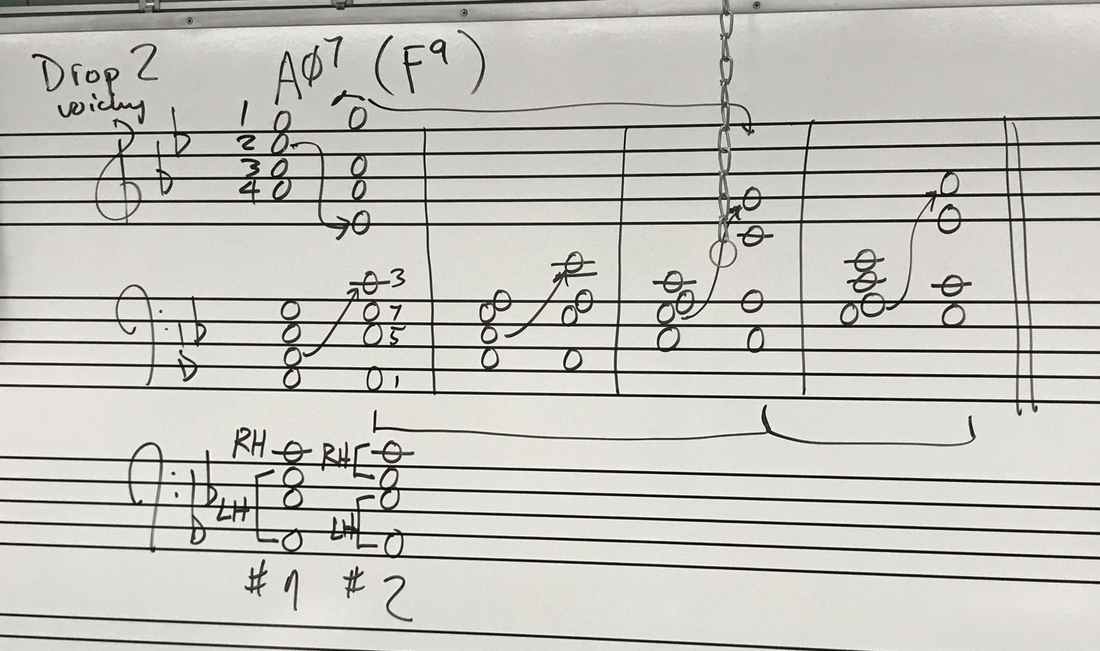Lessons and Classes

Private Piano Lessons
Learn the fundamentals of music and how to play the piano with personalized one-on-one instruction. A curriculum will be designed just for you to meet you at your level of ability and help you grow at your pace. This curriculum includes individualized repertoire suggestions, corresponding music theory activities, and any technical studies to successfully perform your repertoire pieces.
What you get with Lessons
- One-on-one instruction paced to meet you at your level of ability, with an emphasis on how to practice, and how to listen critically to your own playing.
- A dedicated lesson time each week that will be reserved for you in the teacher's schedule.
- Access to a tuned and regulated 6-foot Kawai Grand Piano in the teacher's studio during lessons and recitals, soon to be a 9-foot 6-inch Bosendorfer Imperial Concert Grand piano when we can move to a larger studio space!
- Individualized repertoire recommendations based on your interests and abilities.
- Individualized selection of supplementary learning materials, including theory activities, sight reading resources, and technical items like exercises and etudes, all in support your growth as a musician and to help you successfully perform your repertoire.
- A lesson summary on MyMusicStaff, detailing the work done in the lesson and what to practice at home.
- Performance opportunities in studio recitals, adjudicated festivals, and competitions.
- Opportunities to take the Washington State Music Teacher Association Musicianship Examinations, and to enter compositions in NFMC and MTNA contests.
- Access to the lending library, which includes music for piano, small ensemble, and orchestra for study and reference.
- For advanced students, opportunities to perform chamber music with - and accompany students from - other teacher's studios.

Theory and Composition Seminars
Intended for students who already play an instrument, are college bound, or whose primary focus is composition, these group theory seminar classes are an opportunity to supplement other private instruction, or prepare for university theory entrance/transfer exams. Topics covered include modes and scales, harmonic analysis (including writing and identifying diatonic triads, seventh chords, secondary dominants, augmented sixth chords, and Neapolitan chords), part writing in four voices based on figured bass or a given melody, harmonization, transposition, counterpoint, orchestration, and 20th century compositional techniques. Different classes can cover different topics based on group interests.
What you get with Seminars
- Weekly group meetings lasting 60 minutes with other students interested in learning more about music.
- Direct instruction and support in a group setting to learn music theory concepts and fundamentals of composition.
- A weekly lesson plan constructed and used by the teacher detailing what will be done in the seminar, with careful planning for the introduction of new skills and concepts. Topic selection can be guided by students in the seminar.
- Associated worksheets, packets, and digital resources for use at home, all correlated to the topics covered in each seminar class.
- The opportunity to submit questions about assignments between each weekly class for additional help outside the seminar.
- Opportunities to take the Washington State Music Teacher Association Musicianship Examinations, and to enter compositions in NFMC and MTNA contests.
- Opportunities to compose pieces for other students in the seminar or in private lessons, which may lead to a performance premier of your original composition.
- Access to the lending library, which includes music for piano, small ensemble, and orchestra for study and reference.
- For advanced students, connections with local teachers who play different instruments (eg. violin, cello, voice) makes composition for small ensemble a possibility. The student may receive a reading of their piece, possibly leading to a premier performance of an original composition.